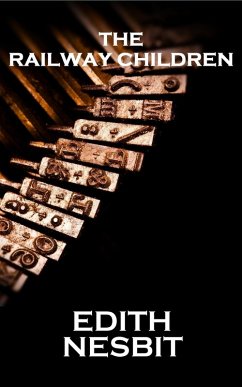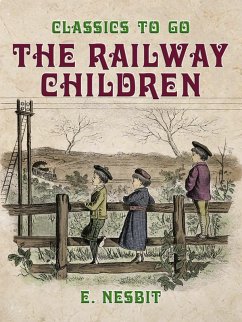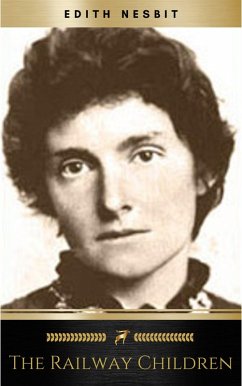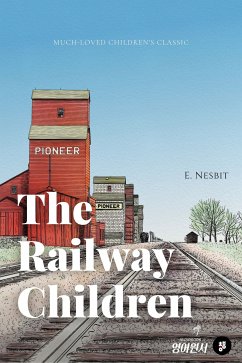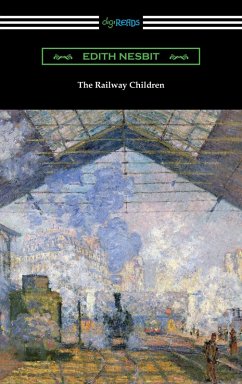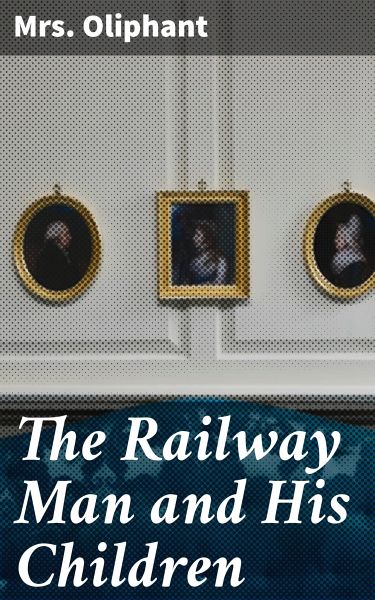
The Railway Man and His Children (eBook, ePUB)
A Victorian Tale of Family, Work, and Society
Versandkostenfrei!
Sofort per Download lieferbar
0,49 €
inkl. MwSt.
Weitere Ausgaben:

PAYBACK Punkte
0 °P sammeln!
In "The Railway Man and His Children," Mrs. Oliphant weaves a poignant narrative that examines the intricate dynamics of family life set against the backdrop of the burgeoning railway culture of 19th-century Britain. Through her masterful use of vivid imagery and rich character development, Oliphant explores themes of progress, social change, and the moral dilemmas faced by individuals navigating the rapidly evolving landscape of modernity. The novel'Äôs literary style is characterized by its attention to detail and psychological depth, allowing readers to connect intimately with the charact...
In "The Railway Man and His Children," Mrs. Oliphant weaves a poignant narrative that examines the intricate dynamics of family life set against the backdrop of the burgeoning railway culture of 19th-century Britain. Through her masterful use of vivid imagery and rich character development, Oliphant explores themes of progress, social change, and the moral dilemmas faced by individuals navigating the rapidly evolving landscape of modernity. The novel'Äôs literary style is characterized by its attention to detail and psychological depth, allowing readers to connect intimately with the characters' inner lives and struggles, making it a compelling reflection of the era'Äôs societal shifts. Mrs. Oliphant, a prolific Scottish writer and a prominent figure in Victorian literature, was deeply influenced by her own experiences of loss and resilience. Having navigated through personal hardships and societal expectations as a woman writer in a male-dominated literary field, she infused her works with a sense of empathy and insight into the human condition. This book, published in a time of industrial transformation, reflects her keen awareness of the implications of modernization on family and community structures, often drawing from her own familial experiences. "The Railway Man and His Children" is an essential read for those interested in the intersections of literature, history, and social commentary. Oliphant's richly layered storytelling not only captures the essence of a transformative period but also resonates with contemporary readers, offering timeless reflections on the complexities of familial bonds and the impact of external changes on personal lives. This novel invites readers to reflect on their own familial connections as they embark on a journey through Oliphant'Äôs insightful narrative.
Dieser Download kann aus rechtlichen Gründen nur mit Rechnungsadresse in A, B, BG, CY, CZ, D, DK, EW, E, FIN, F, GR, H, IRL, I, LT, L, LR, M, NL, PL, P, R, S, SLO, SK ausgeliefert werden.







